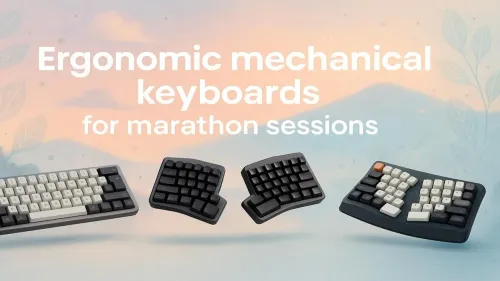
Typing Comfort Unleashed
Ergonomic mechanical keyboards reduce strain during marathon typing sessions💡. Find your ideal fit for ultimate comfort and efficiency.
Wireless keyboard for work and study: Learn how to choose layout, switches, connectivity, battery life and ergonomics to boost productivity and comfort 📚⌨️

Tangled cables cluttering your desk and killing your vibe? You’re not alone. In South Africa, a clean, efficient workspace is gold… especially when you need to quickly pack up your laptop during load shedding. A great wireless keyboard for work and study isn't just about cutting cords; it's about reclaiming your space, boosting your focus, and creating a setup that adapts to your life. Ready to find the perfect one for your hustle?
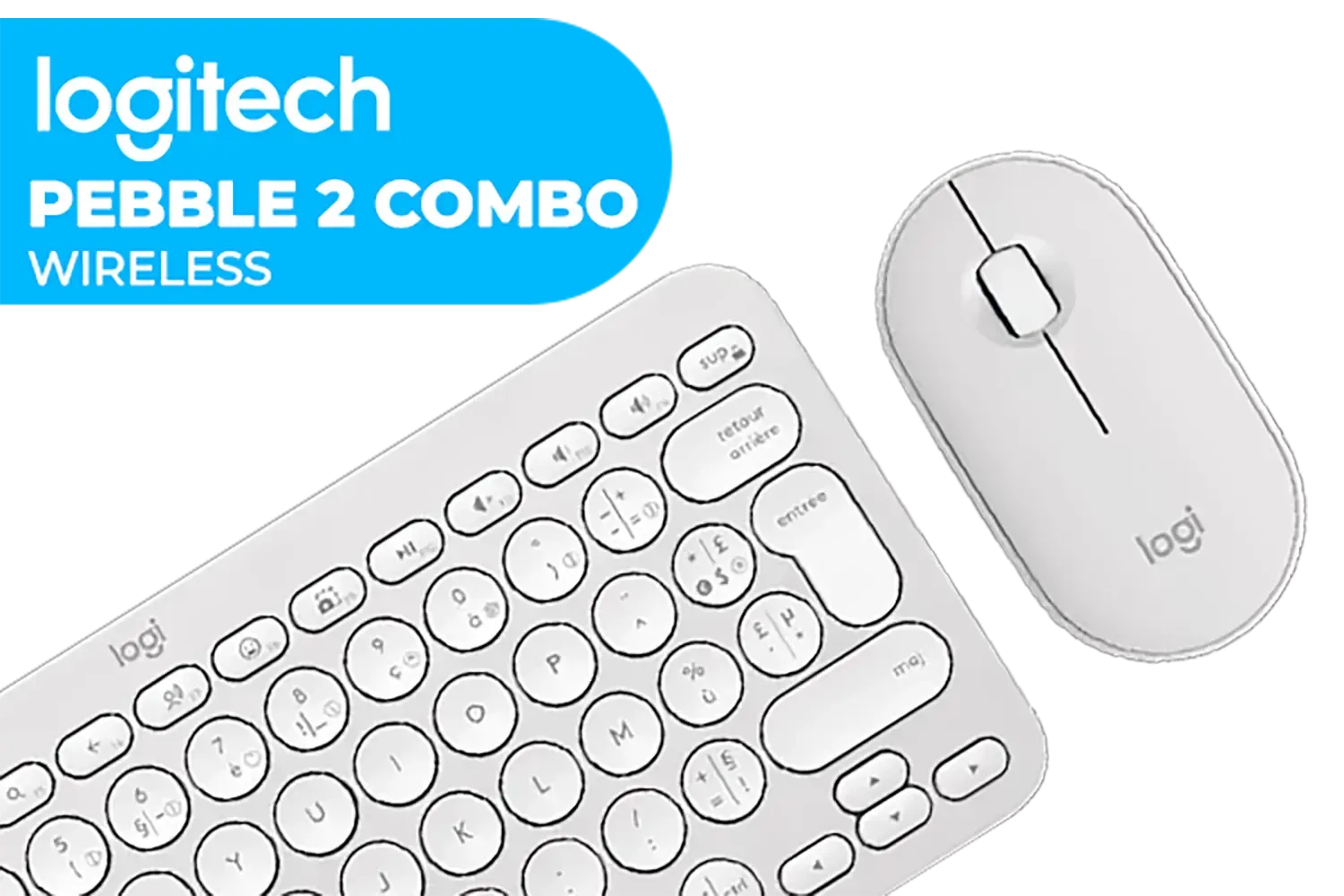


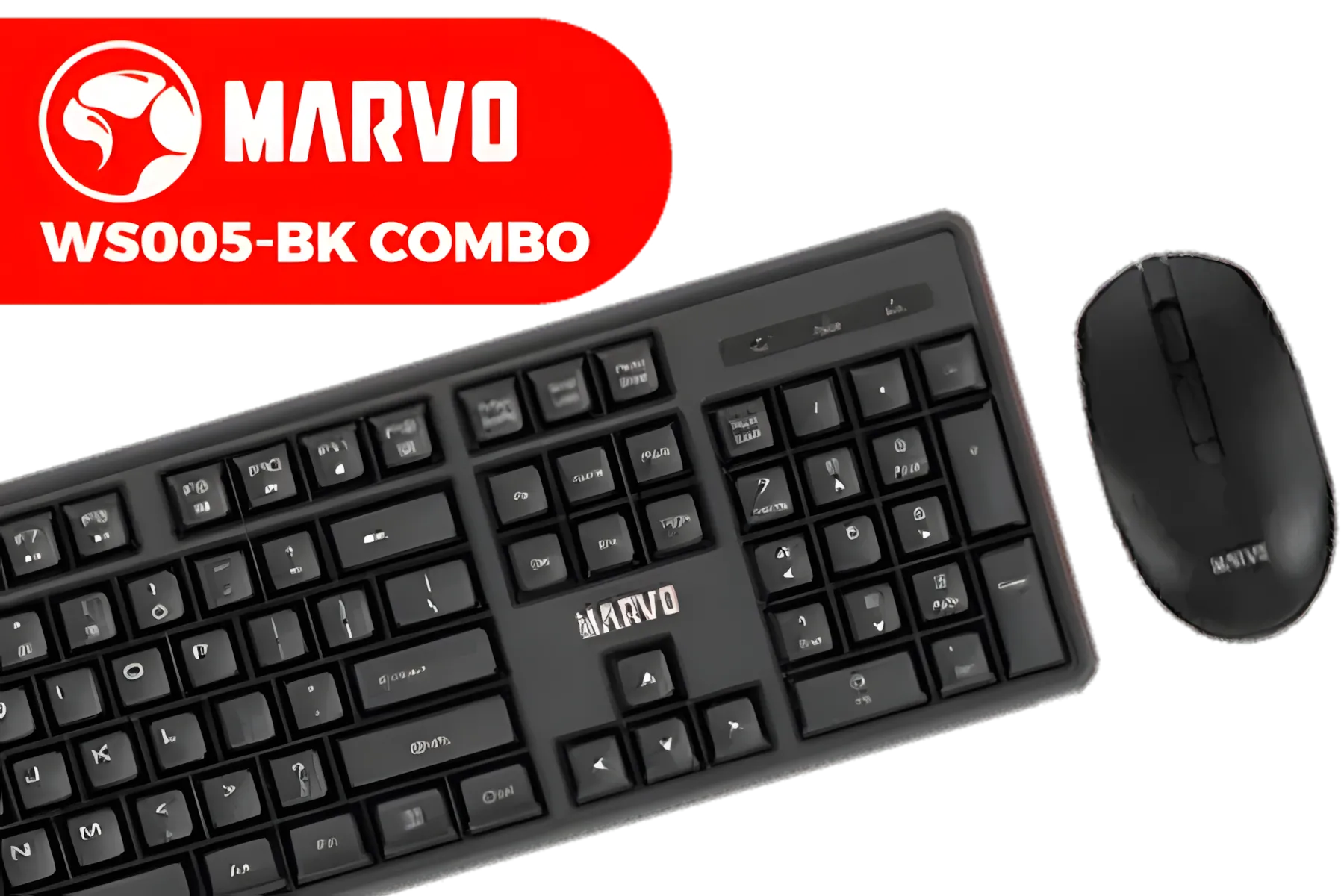


The most obvious benefit is a beautifully clean desk. Fewer cables mean less dust, less mess, and more space for your notes, coffee, or whatever helps you power through your tasks. But the advantages of a modern wireless keyboard go much deeper.
Imagine seamlessly switching your typing from your work laptop to your personal tablet with a single button press. Or working from the couch without being tethered to your monitor. This flexibility is what makes a wireless keyboard for work and study such a powerful tool for students and professionals in SA. It untangles not just your desk, but your workflow too. For those starting out, we have a fantastic selection of affordable keyboard options to get you going without breaking the bank.





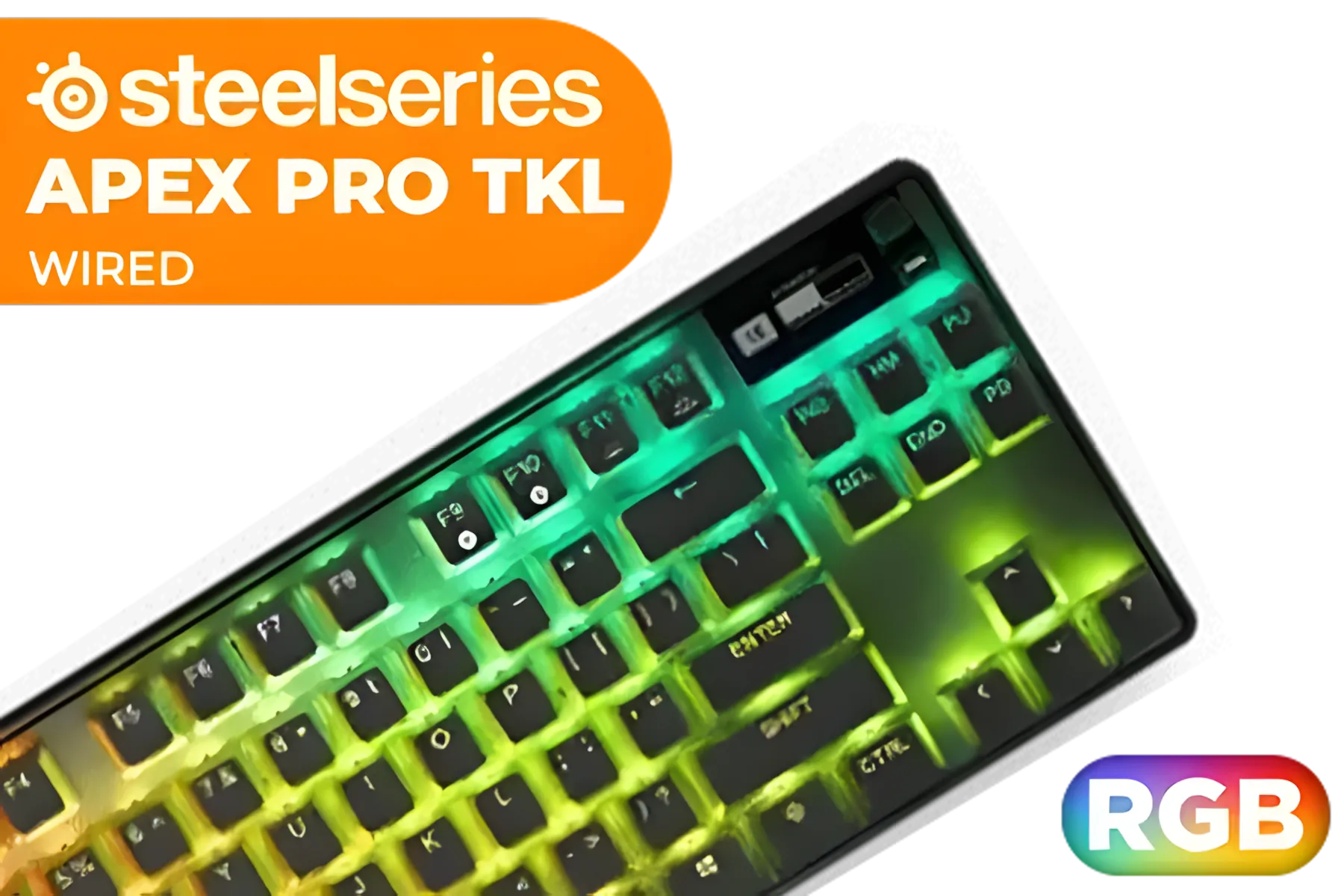
Choosing the right wireless keyboard means matching its features to your daily grind. It’s not a one-size-fits-all situation. Let's break down the most important factors.
This is the first big decision.
Many premium models offer both, giving you the best of both worlds. Often, the most convenient solution is to grab one of our curated keyboard and mouse combos to ensure seamless connectivity.
The physical size of your keyboard dramatically impacts your experience.
typing posture matters more than you think. A compact TKL or 75% keyboard allows you to keep your mouse closer to your body's centreline, which can reduce shoulder strain during long work or study sessions. Consider pairing it with one of our [ergonomic wrist rests](https: www.evetech.co.za buy-wrist-rest x 1586.aspx) for maximum comfort.
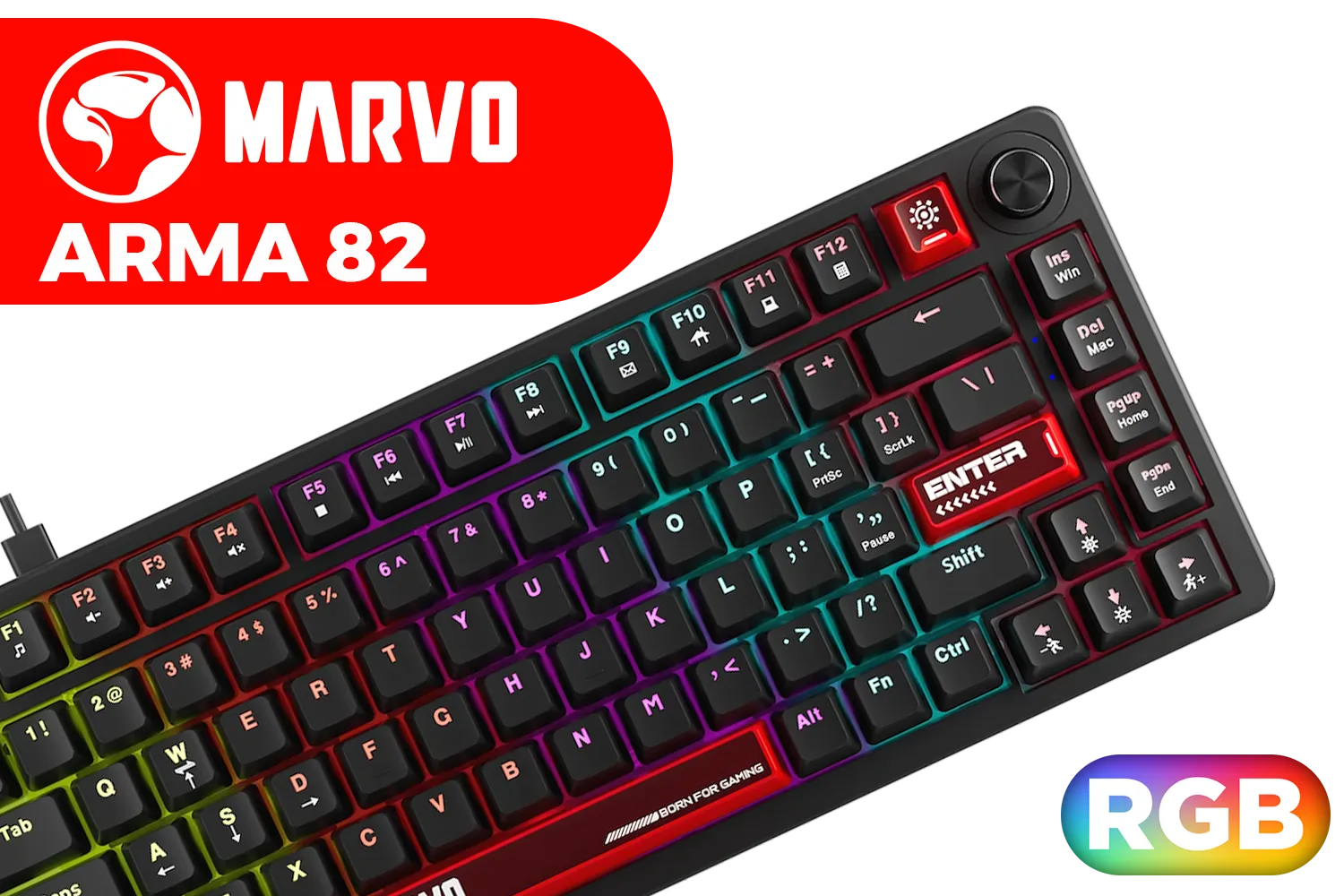



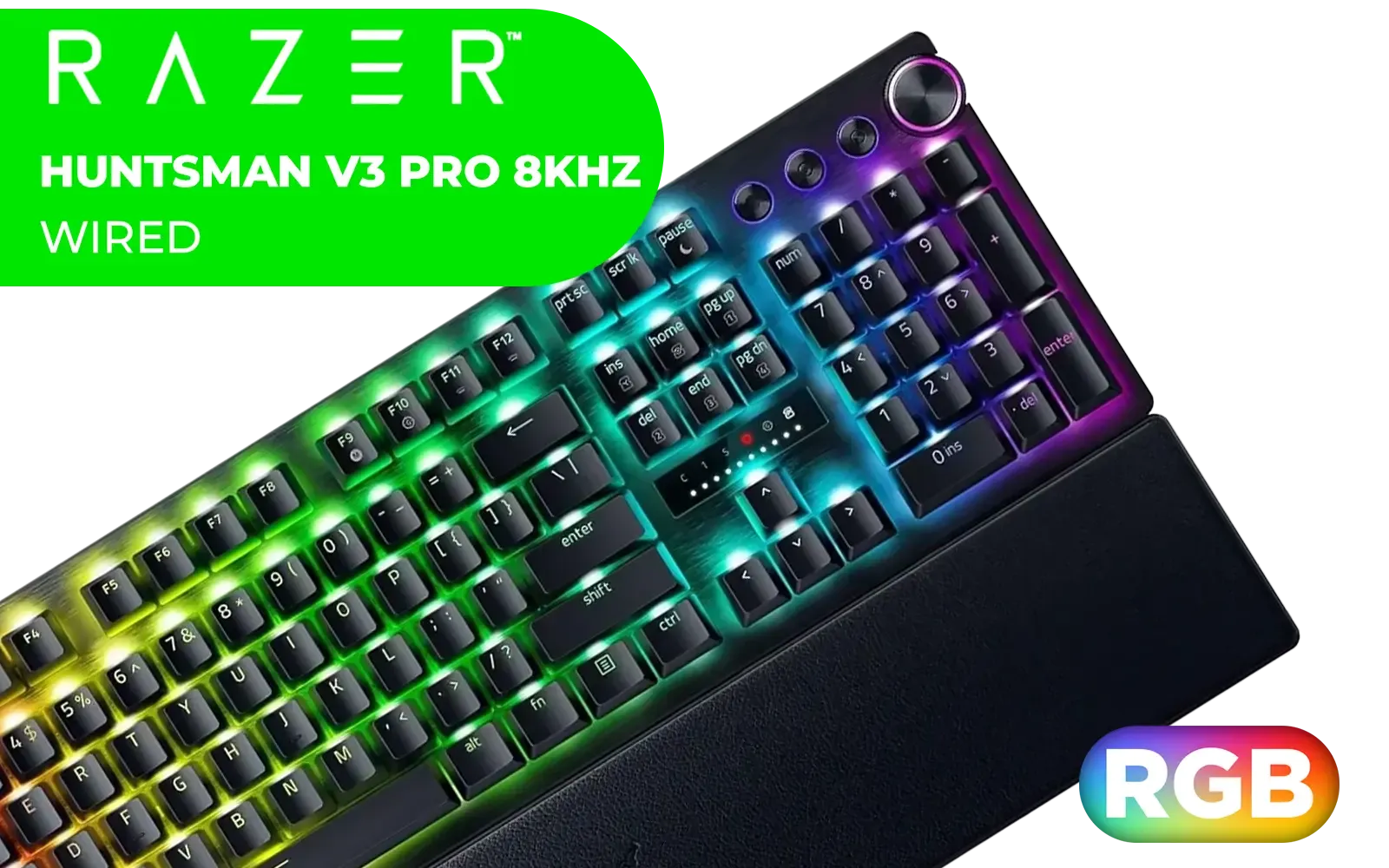
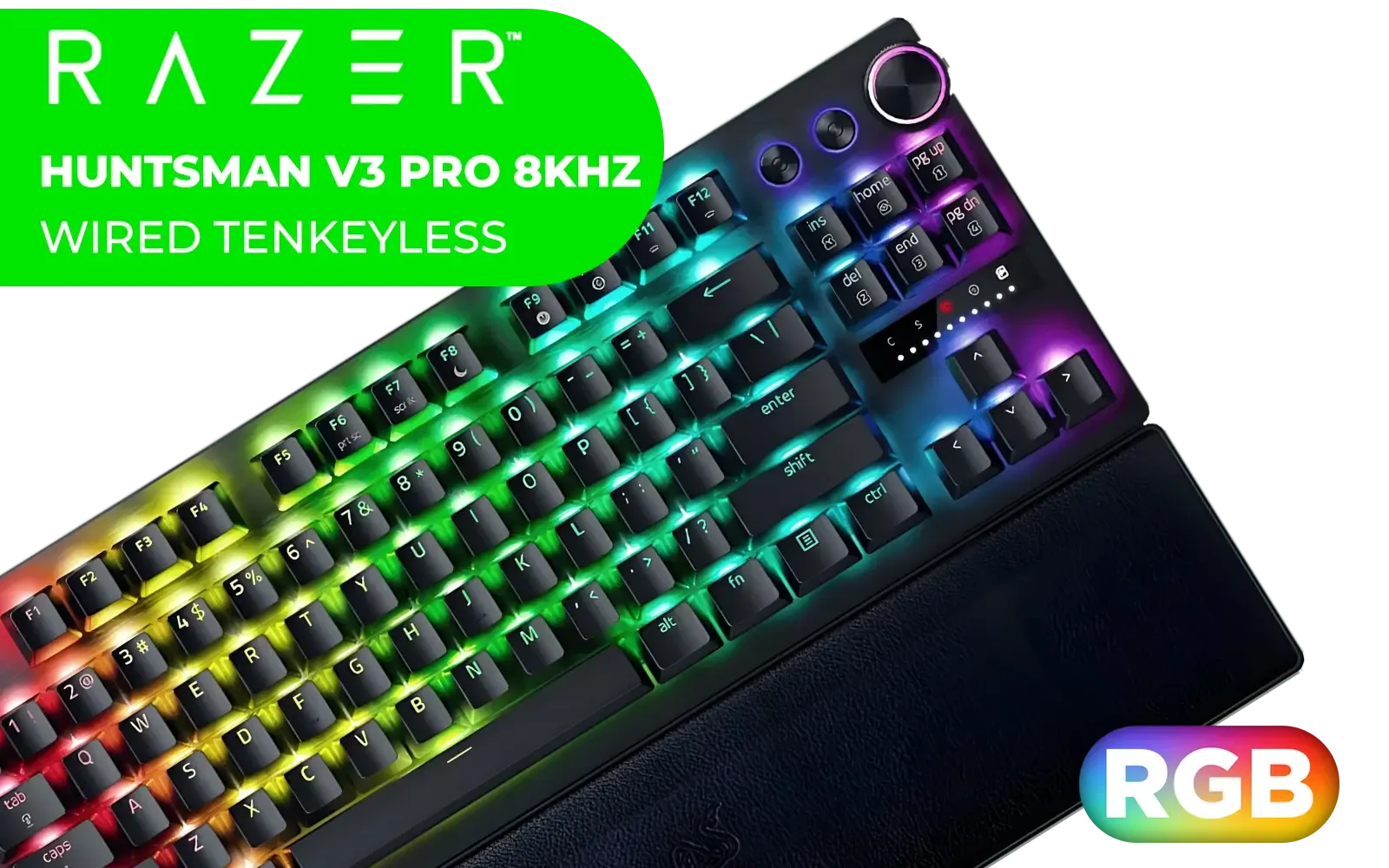
The best wireless keyboard for you also comes down to personal preference in feel and sound. This is where mechanical keyboards shine. Unlike standard membrane keyboards, mechanical models use individual physical switches under each key.
This opens up a universe of customisation. You can choose from different keyboard switches that offer distinct experiences:
You can even take customisation a step further with unique, high-quality custom keycaps to truly make your keyboard your own. 🚀
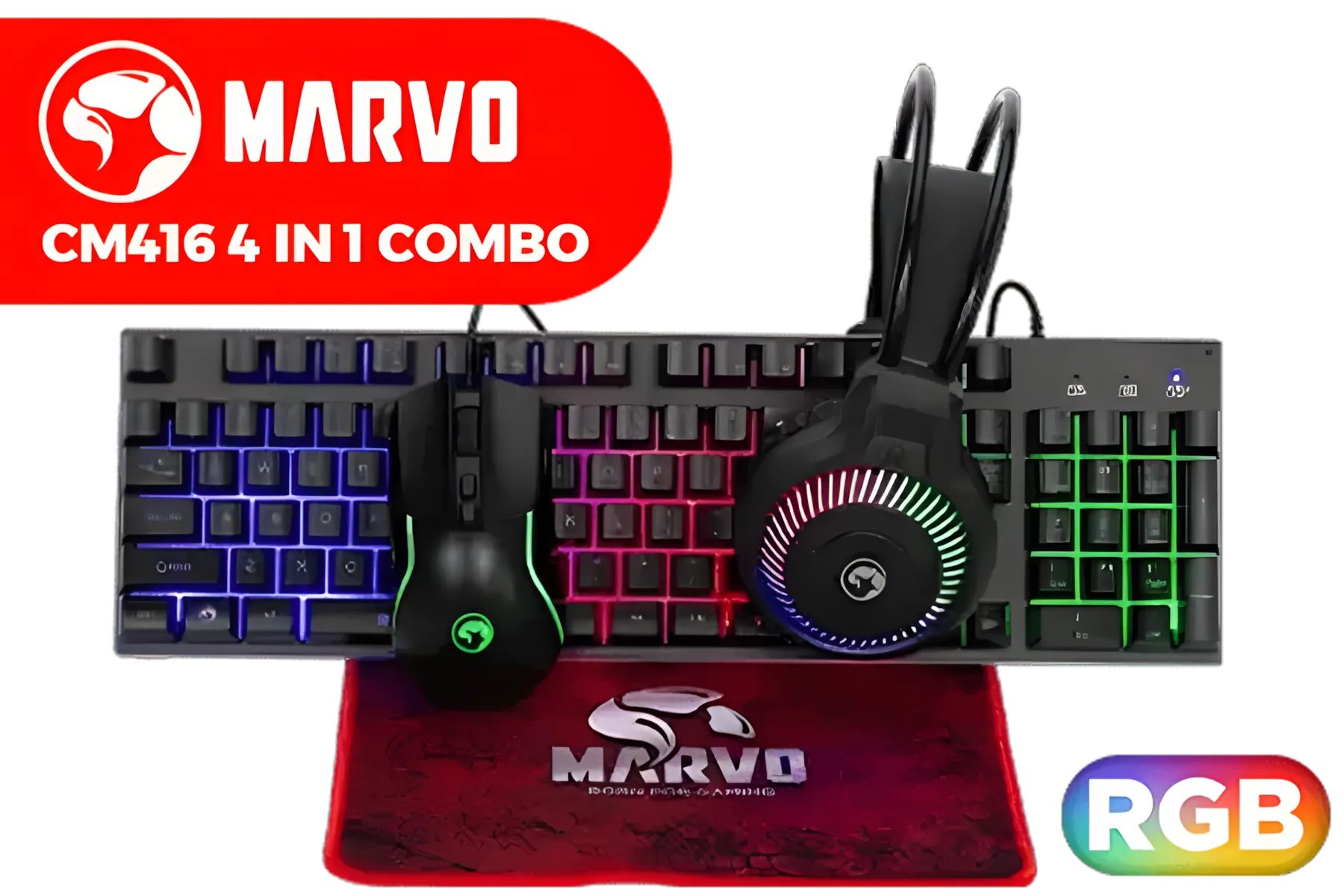



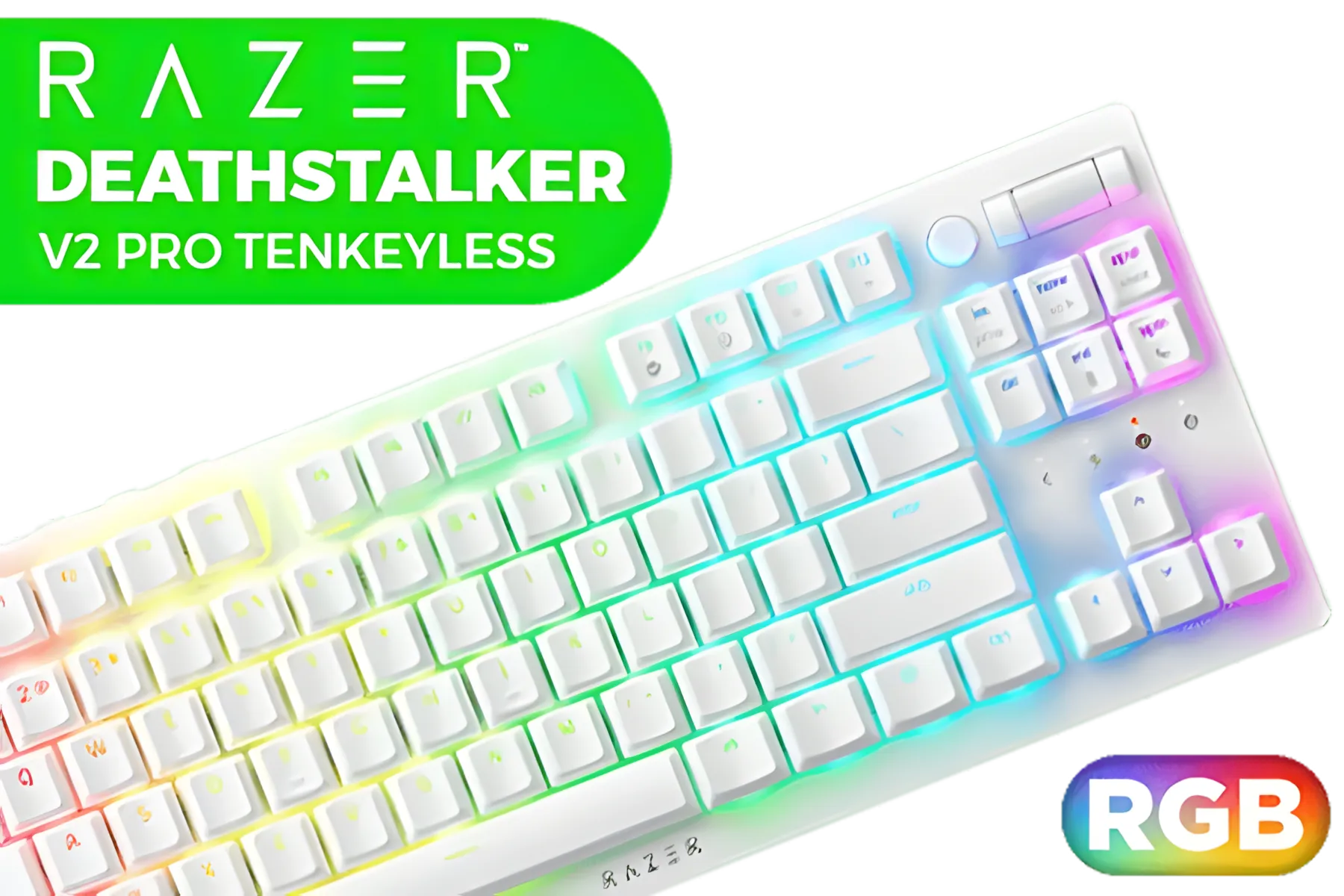

Absolutely! Many of us use the same PC for spreadsheets and slaying dragons. The lines are blurring, and many of the top-tier gaming keyboards offer incredible features for productivity. Their ultra-low latency wireless tech, durable build quality, and comfortable keycaps are just as beneficial for typing up a report as they are for a gaming marathon. Just look for models with a professional aesthetic and perhaps customisable RGB lighting that you can tone down to a single, professional colour.
Ready to Cut the Cord? Choosing the perfect wireless keyboard for work and study is about finding the right blend of freedom, features, and feel. A clutter-free desk leads to a clutter-free mind. Explore our massive range of wireless keyboards and combos and find the perfect tool to conquer your daily grind.
Prioritise layout, switch type, ergonomics, connectivity (Bluetooth or dongle), battery life and key noise to match your workflow and workspace.
USB receivers usually offer lower latency and simpler pairing; Bluetooth is more versatile for multi-device use. Choose based on devices and responsiveness needs.
Yes — mechanical wireless keyboards boost typing accuracy and durability. Pick quieter switches if you share space or need a quiet wireless keyboard for office.
Very important: long battery life reduces interruptions. Look for keyboards offering months of use or quick-charge features for worry-free study sessions.
Compact keyboards save desk space and travel easily, while full-size models with numeric keypads aid data entry and extended typing tasks.
Test wrist angle, key travel and tilt. Consider split layouts or low-profile keys and look for an ergonomic wireless keyboard for study to reduce fatigue.
Good wireless keyboards start around mid-range prices; invest in proven brands for durability, better switches, and longer battery life.